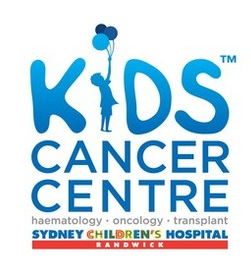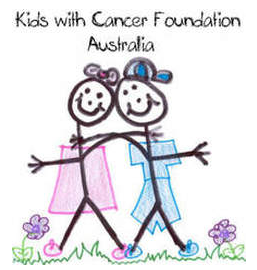With advances in genetic technologies, children and young people are increasingly likely to be exposed to genetic information about inherited health risks that is relevant to them, and to the health of their family. We aimed to summarise the literature, across illnesses, to determine what children and young people understand about inheritance and their attitudes towards genetic testing.
We screened 1815 articles to identify 20 studies representing the perspectives of 1811 children and young people between the ages of 6 and 21 years.
Our results showed that:
- Healthy children and young people demonstrated a basic understanding that disease predisposition can be inherited within families;
- Children and young people affected by, or at risk of, genetic conditions inferred their risk from family narratives and/or by observing patterns of illness in their family;
- Misunderstandings of important genetic concepts (e.g. what it means to be a ‘carrier’) were evident in some groups;
- Children and young people expressed a willingness to undertake personal genetic testing – in both personally-relevant and hypothetical scenarios; BUT
- They expressed concerns about a variety of relevant issues, including the possible negative psychological and social impacts of receiving genetic test results.
Childhood and adolescence encompasses complex and dynamic developmental stages. Young patients and those at risk of genetic conditions require developmentally-informed resources and support to navigate the unique landscape of their condition.
You can access the published systematic review here: https://onlinelibrary.wiley.com/doi/abs/10.1111/cge.13253
https://doi.org/10.1111/cge.13253
The Behavioural Sciences Unit is Proudly Supported by the Kids with Cancer Foundation Australia



 RSS Feed
RSS Feed